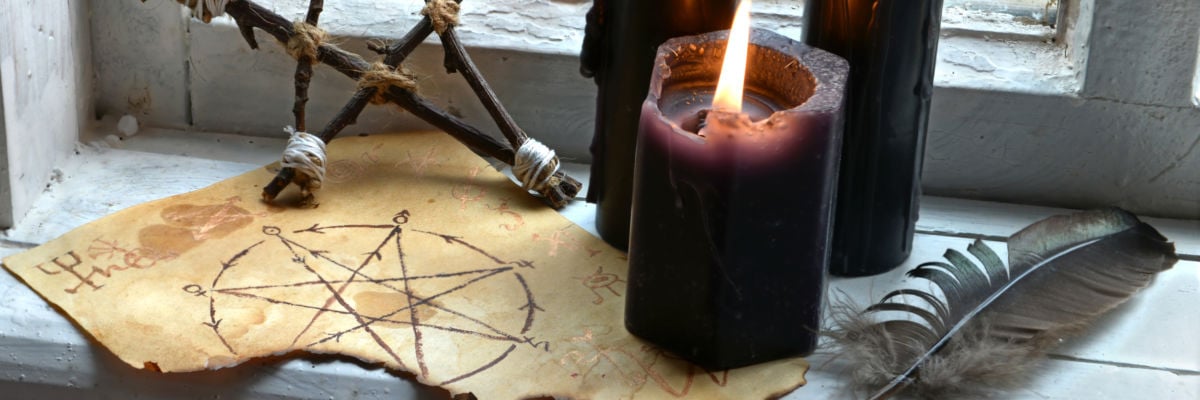
Question:
Answer:
If one has even dabbled in the occult, they should quickly repent and go to Confession to receive sacramental absolution. In addition, depending on what type of fallout they are receiving from their occult activities, they could ask their pastor—and/or the vicar general’s office in their diocesan chancery—if there are people in the parish trained and formally designated by the bishop to engage in deliverance prayer, whether laymen or priests.
Dabbling in the occult opens oneself up to demons, fallen angels who are much intelligent and powerful than we are. They are committed to our temporal misery and eternal damnation. Adam Blai, a peritus or expert of religious demonology and exorcism for the Diocese of Pittsburgh, summarizes what can happen from trafficking in evil spirits: “Spiritual ‘legal rights’ can be given to evil spirits, people, buildings, objects, or family lines.” Blai adds:
The breaking of rights and casting out/away of evil spirits is generally referred to as “spiritual warfare” or deliverance work. Deliverance prayers should only be used by someone trained and approved to do so. Catholic laity are not to pray “over” (or lay hands on) another person, they can pray for that person only. There are exceptions to this when someone has been deemed to have a charism for deliverance work and has permission. A special ritual within the Catholic Church, called exorcism, is done by priests with the permission of their Bishop for cases of full possession only.
For more information on why one should never become involved in the occult, visit Blai’s website.



